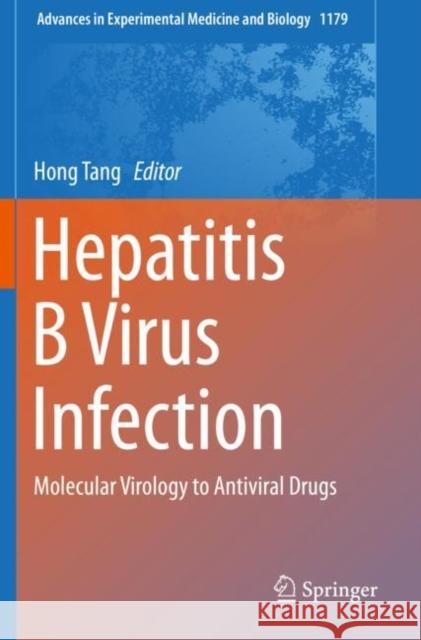Hepatitis B Virus Infection: Molecular Virology to Antiviral Drugs » książka
topmenu
Hepatitis B Virus Infection: Molecular Virology to Antiviral Drugs
ISBN-13: 9789811391538 / Angielski / Miękka / 2020 / 186 str.
Hepatitis B Virus Infection: Molecular Virology to Antiviral Drugs
ISBN-13: 9789811391538 / Angielski / Miękka / 2020 / 186 str.
cena 644,07
(netto: 613,40 VAT: 5%)
Najniższa cena z 30 dni: 616,85
(netto: 613,40 VAT: 5%)
Najniższa cena z 30 dni: 616,85
Termin realizacji zamówienia:
ok. 16-18 dni roboczych.
ok. 16-18 dni roboczych.
Darmowa dostawa!
Kategorie:
Kategorie BISAC:
Wydawca:
Springer
Seria wydawnicza:
Język:
Angielski
ISBN-13:
9789811391538
Rok wydania:
2020
Wydanie:
2020
Numer serii:
000253056
Ilość stron:
186
Oprawa:
Miękka
Wolumenów:
01











